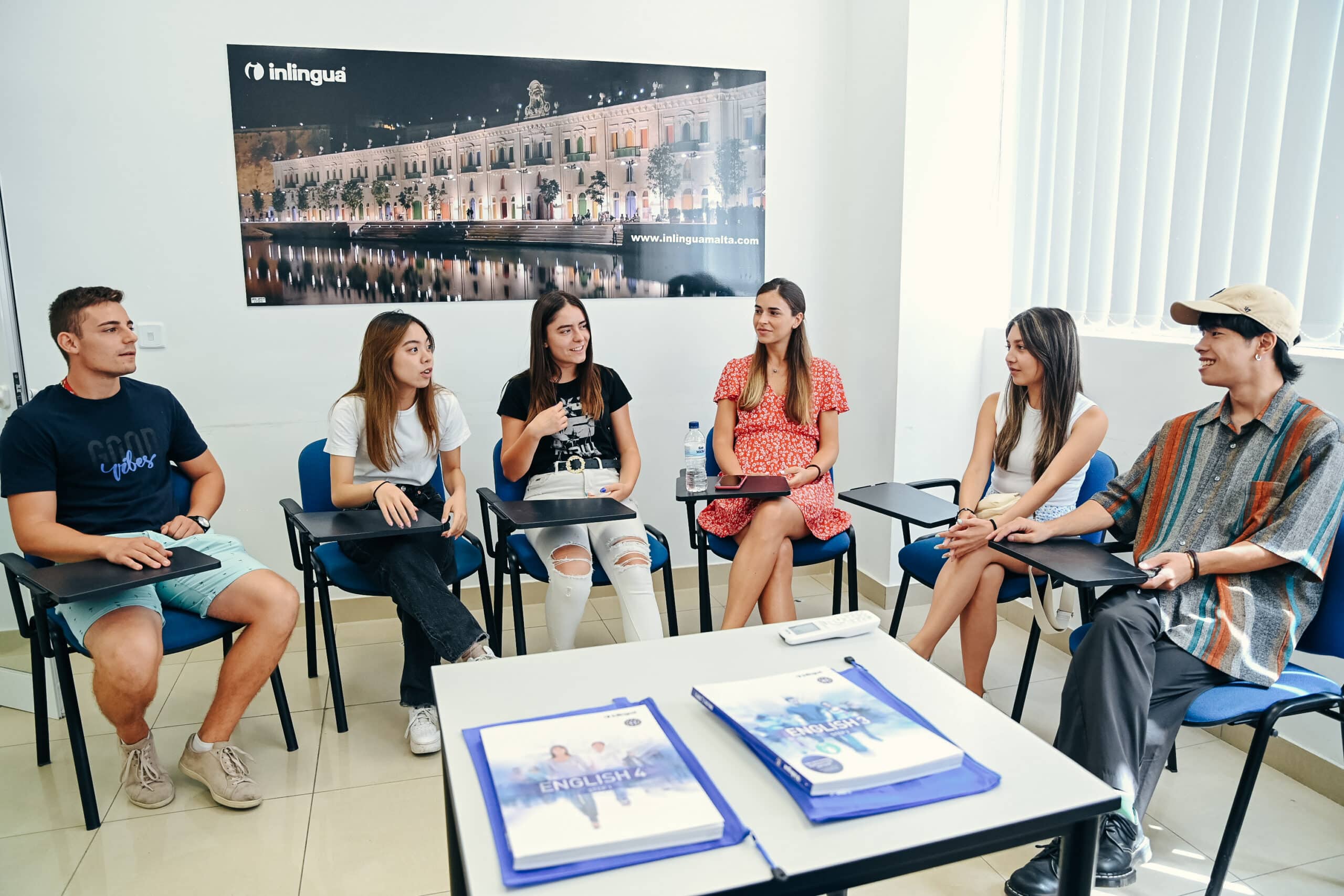Learning a new language and how fast you learn that language depends on a whole list of things.
Technically, you can master a new language in 70 days. This is, obviously, possible when you put in a 6-hour-per-day regimen. Your surroundings also play a part in this – if you are living in an area or country where that language is spoken, the learning process will be significantly faster, not to mention easier. Let’s face it: learning English in the classroom and going back to your mother tongue from 2 pm until the next day will not get you very far. Indeed, the activation stage of any lesson goes far beyond standing up in class and asking each other ‘Have you ever…?’ questions.
Each aspect of a foreign language has to be applied and used in order to get into the habit of thinking in that language. Once the mind is used to switching between L1 and L2, the learning becomes easier. It’s no use learning directions on paper and never using them on the street with actual human beings.
If you want to learn a foreign language quickly, it should not be taken lightly. You may think, ‘This is just the first week; it will soon click!’ Trust me, it won’t. Languages don’t just suddenly fall into place with minimal work. A language is not a random placing of words just to make something audible come out. A speaker needs to make sense of what they are saying, and that happens with hard work and patience.

Learning a foreign language can be easy or not depending on the mother tongue of the learner. When foreigners come from countries where the L1 uses a different script, for instance, it will make the learning process all the more challenging, and with that, slower.
At inlingua Malta, our long-stay students seem to grow quickly in their language acquisition. We often have students who walk through our doors, not speaking a word of English, and leave here having completed their C1 class successfully. Spending 10 weeks in each level and having classes for twenty hours every week, they achieve the necessary skills to master the language fully. This is always subjective and depends on how hard a student works. But it always depends strongly on the application of the language throughout their learning experience.










